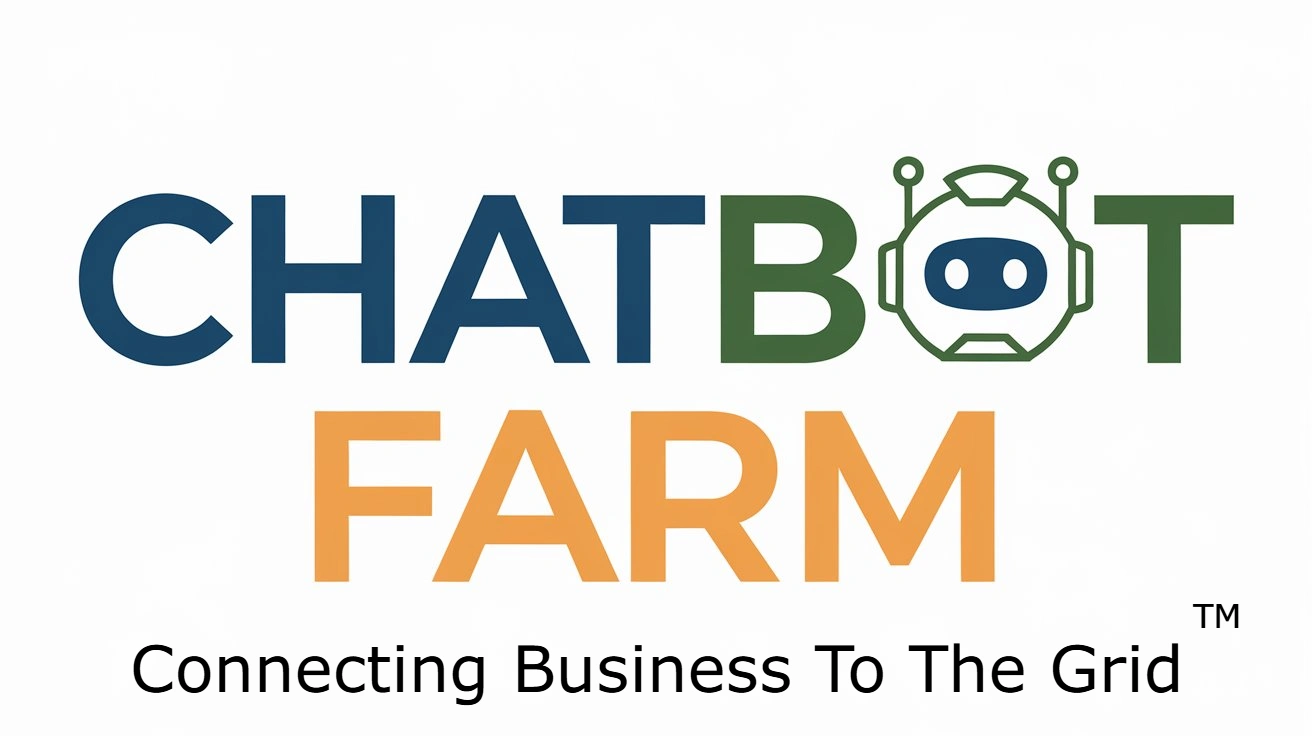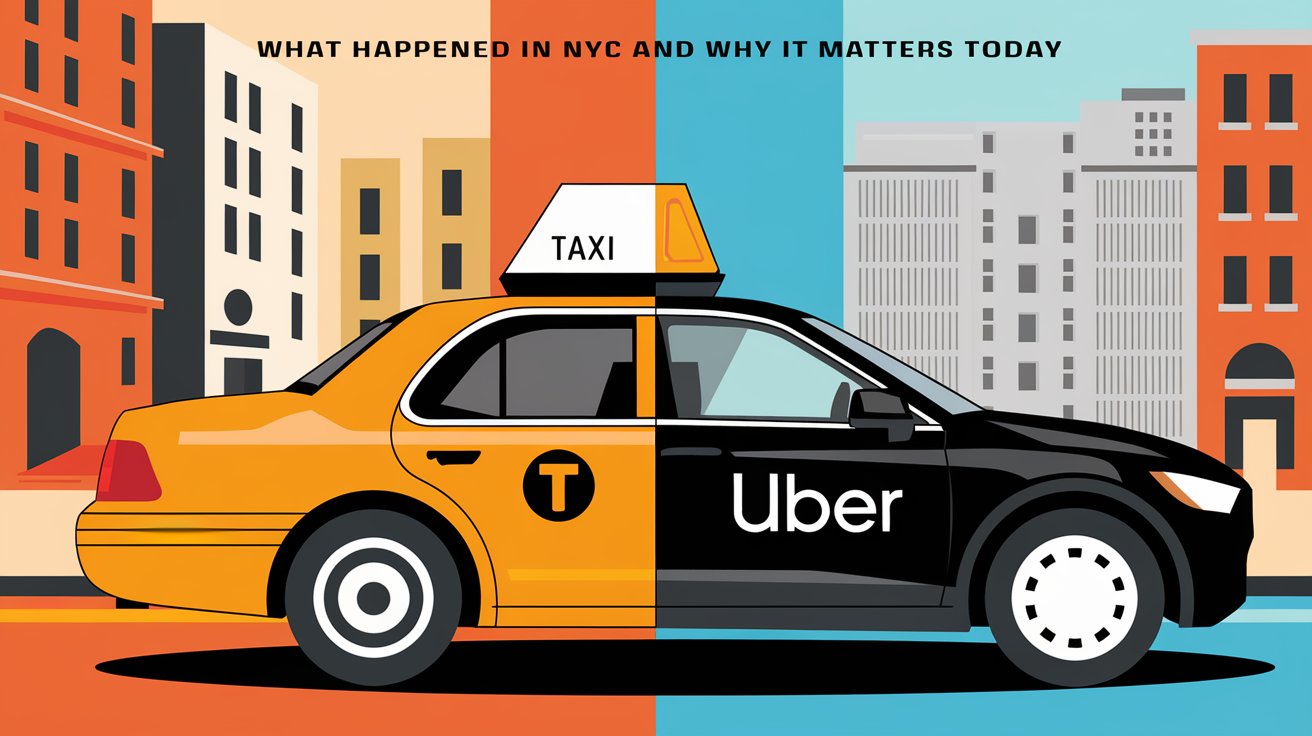The battle of Taxi vs. Uber in NYC is now a case study in business schools, illustrating the dangers of failing to recognize industry disruption. Imagine sitting down with a New York City taxi medallion owner in 2010 and trying to explain what Uber was about to do to their business. The logic was clear—the convenience, the pricing, the technology—but most dismissed it.
By 2014, the price of a taxi medallion—once a million-dollar asset—had collapsed. This decline wasn’t due to weak arguments or a poor sales pitch. Instead, an entire generation failed to recognize the technological shift happening right in front of them.
Do you really think the most successful business leaders, operating in one of the toughest industries, simply lacked technical knowledge when they failed to act?
Nokia executives dismissed their R&D department’s presentation of an all-touchscreen phone—only to watch Apple dominate the market.
Kodak executives ignored digital photography, despite inventing the technology themselves.
Every industry that gets disrupted has a moment of denial. Today, that moment is happening with AI.
I constantly encounter a wall of dismissiveness—from friends with high-paying jobs who view AI as just another tool to clients hesitant to invest in AI solutions despite clear industry shifts.
Why Taxi vs. Uber Proves Industry Disruption is Unavoidable
This pattern of ignoring obvious technological shifts isn’t just about arrogance or ignorance—it’s deeply psychological. Humans are wired to go with the majority opinion, even when the truth is evident.
A famous psychological study proves this:
The Asch Conformity Experiment and Business Hesitation
In the 1950s, psychologist Solomon Asch conducted an experiment where participants matched the length of a line with one of three other lines. The correct answer was obvious. However, when a group of actors (posing as participants) deliberately chose the wrong answer, real participants conformed to the incorrect majority opinion over 75% of the time at least once.
This experiment highlights a fundamental human weakness—when faced with uncertainty, we rely on what others say, even when we know it’s wrong.
This same psychological pattern explains why many professionals today hesitate to adopt AI. They see its impact, yet since their peers and competitors haven’t fully committed, they wait. But hesitation didn’t save taxi medallion owners from Uber, and it won’t protect businesses from AI-driven automation.
AI Isn’t Here to Assist—It’s Here to Transform Every Industry
The biggest mistake people make with AI today is viewing it as a tool to make their personal job easier rather than recognizing its true purpose: total industry disruption.
If you’re an accountant using AI to draft reports faster, you’re thinking too small.
If you’re a lawyer using AI to summarize legal documents, you’re missing the point.
If you’re a real estate agent using AI to automate emails, you’re underestimating its impact.
AI isn’t just a productivity booster—it’s a replacement engine. This isn’t just another Taxi vs. Uber scenario, where a single company disrupts an industry. Instead, AI is affecting multiple industries at once, and no one is safe, regardless of what your favorite influencer says.
Consumer-Grade AI vs. Enterprise-Grade AI—The Critical Difference
One of the biggest blind spots I see is businesses using consumer-grade AI tools (like ChatGPT for quick answers or Canva’s AI for designs) and thinking they’re “keeping up” with AI.
That’s like a taxi driver downloading a map app in 2010 and thinking they were prepared for Uber’s arrival.
The businesses that thrive in the AI era don’t just use AI for convenience. They integrate enterprise-grade AI into their entire operations.
AI-powered CRMs are replacing sales teams by automating lead nurturing and closing deals.
AI-driven legal tools are eliminating the need for junior associates at law firms.
AI-powered financial software is removing accountants from the equation for small businesses.
AI-enabled customer service bots are cutting entire call center operations in half.
The list goes on. AI isn’t just helping employees—it’s replacing entire departments and reshaping industries.
Taxi vs. Uber Was Just the Beginning—AI Is the Next Revolution
The companies that succeed won’t be the ones that merely “add AI” to their workflows. They’ll be the ones that redesign their entire business models around AI.
Amazon didn’t just help bookstores improve inventory—it redefined distribution, eliminating traditional bookstores altogether.
Taxi vs. Uber wasn’t just about one company disrupting an industry. It was about a fundamental shift in how technology replaces outdated business models. AI is following the same path, but at a much larger scale, affecting every sector.
The revolution is unfolding right now.
Are you adapting, or are you still waiting to see what happens?

